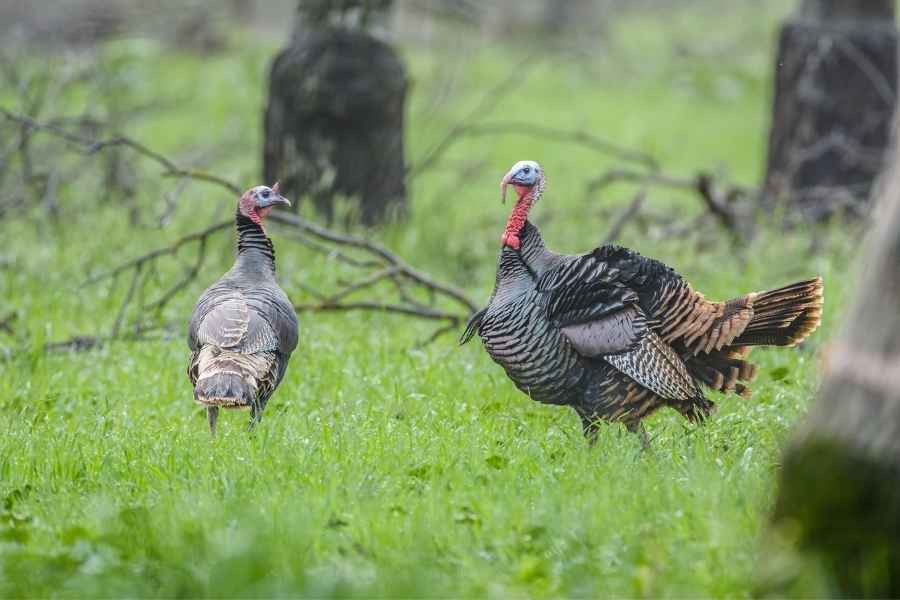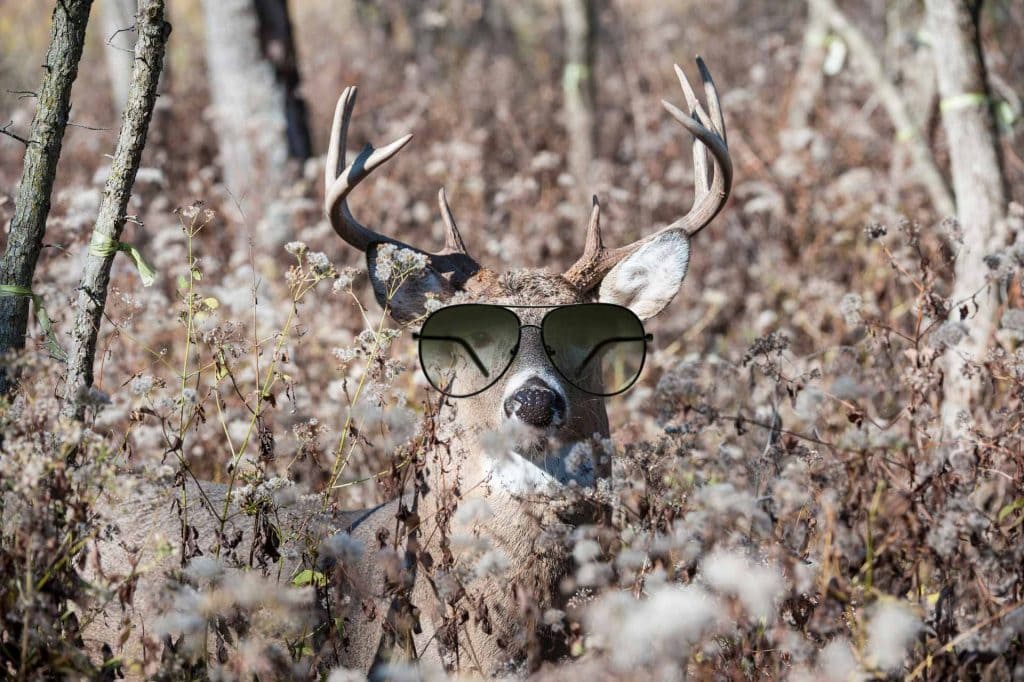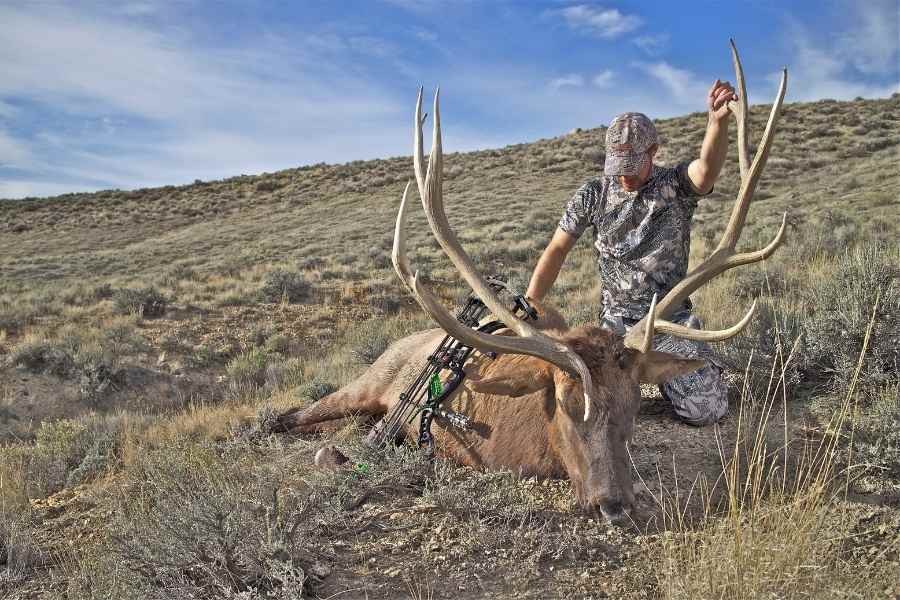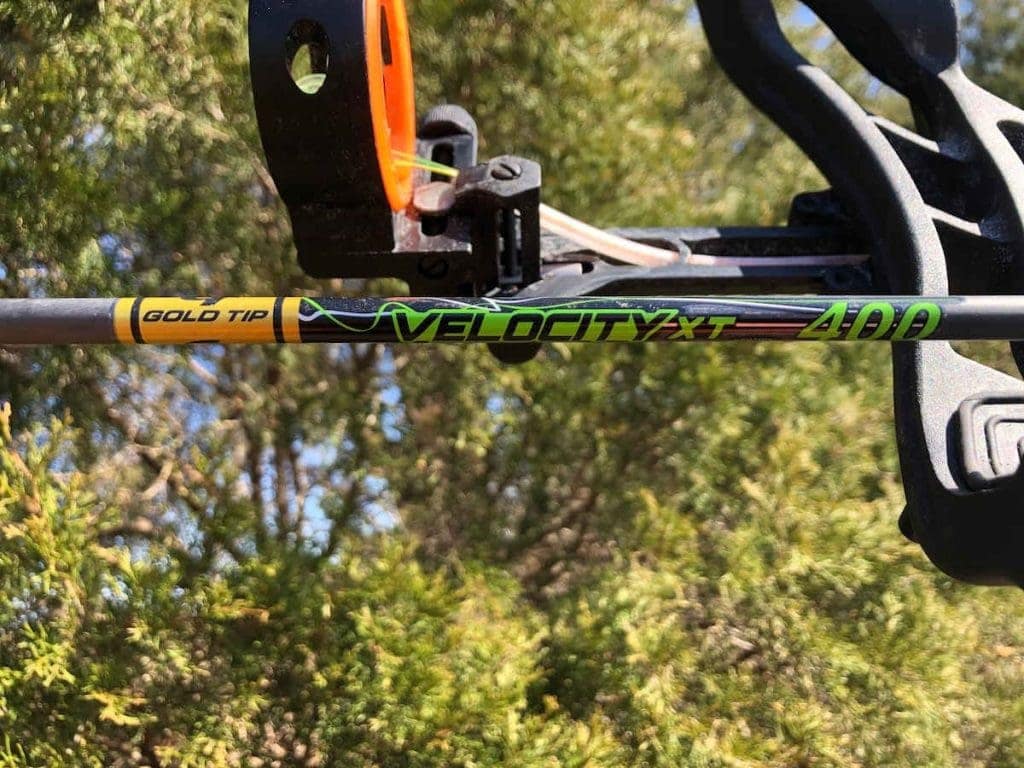Hunting of any type comes with several inherent challenges. Your ability to overcome these challenges often serves as the difference between success and an unfilled tag. However, try as we might, the game that we pursue occasionally gets the better of us.
Though trying, such circumstances serve as teachable moments, through which the studious hunter sharpens their skills.
Contents (Jump to Topic)
ToggleFor myself, the 2021 spring turkey season served as a stark reminder of how unpredictable hunting can truly be.
For the first time in over a decade, I hunted for the duration of the season without filling a tag.
While this was certainly disheartening in more ways than one, I was able to glean a wealth of knowledge from my experiences, which will inevitably be of the benefit going forward.
The following is an account of my 2021 turkey season, along with several hard-earned lessons that I found myself on the receiving end of.
Changed Habitat Equals Changed Patterns
For more than ten years, I have hunted a sizable river bottom farm that is located only minutes from my home. This particular farm is typically bustling with turkey activity, much of which tends relatively predictable in nature.
Traditionally, these turkeys have roosted in the same general locations, utilized familiar strut zones, and fed in identical locations.
However, this was not the case for the 2021 season.
For the first time in many years, the neighboring farm was not mowed prior to season. As a result, turkeys did not utilize these fields in the same manner as they had on past occasions. This led to a major shift in the turkey movement throughout the area, even causing a noticeable change in roosting habits.
I entered the season with the notion that little would differ from years prior, and therefore implemented the same strategies as I had in the past.
This proved to be a vital mistake, as these strategies were rendered largely ineffective due to a lack of outwardly patternable turkey movement.
The Value Of Scouting Remains
This season, I was also reminded of the true value associated with preseason scouting. As mentioned above, I was quite confident in the general location and habit of the turkeys that I intended to hunt, in the days and weeks leading up to season.
Therefore, I did not lean as heavily on preseason scouting as I had in the past. This, in itself, proved to be my undoing.
Had I heavily scouted this location prior to season, I would have recognized the obvious pattern changes associated with the variations in the habitat mentioned above.
Instead, I spent time focusing on other tasks, constantly remaining too “busy” to spend a couple of mornings checking up on the birds that I intended to hunt.
This places increased value on scouting in general, even in areas where hunts tend to be rather straightforward in nature.
The habits of a wild turkey should never be “assumed” and should instead be verified through intensive scouting efforts. In my case, my assumptions proved to be a gross miscalculation.
Have A Back-Up Plan, Or Two
Once season began, I quickly realized that much had changed from the year prior. The turkeys that I typically hunted from year to year were largely absent from the property that I hunt. Furthermore, my efforts to connect with distant toms, as they moved about, proved futile.
By all accounts, it was time to implement a backup plan.
However, I had no real backup plan on standby. In fact, up to 80-percent of my turkey hunting over the past three years had taken place on the same farm, and the majority of additional farms that I had permission to hunt, were also void of notable turkey signs.
This left me in quite the bind, as season continued to wear on, with little promise of success in sight.
Moving forward, I will seek permission to hunt additional properties, prior to the beginning of next turkey season. Doing so will provide me with further opportunity, should hunting prove stagnant on one particular property.
When it comes to turkey hunting, placing all of your eggs in one basket can quite possibly lead to a wealth of difficulty.
Expect The Unexpected
At times, certain outside factors can negatively impact your chances at success when turkey hunting. This is a point that was made glaringly obvious during the 2021 season.
During the second weekend of season, I watched as another hunter trespassed on the property I had sole permission to hunt. This hunter had no idea that I was set up only 200 yards from his location.
When I rose from my blind to leave the area, the trespasser noticed my presence, approached, and attempted to make small talk.
He stated that he had been hunting the property all season, while dodging questions as to whether or not he was given permission to hunt.
While I have no way of proving such, I cannot help but feel that this additional pressure negatively impacted the turkey movement this season.
From this, I learned that one should never assume that all will go as intended while in the turkey woods. Even on the best of days, hardship can present itself, much of which is outside of our control.
This places increased importance upon taking advantage of each opportunity afield, as you never know what will occur the following day.
read.. does hand shock matter?
Building Upon An Unsuccessful Season
As hunters, we should never take success for granted. Despite our best efforts, we often leave the field empty-handed. However, even these hunts carry their own specific value.
For each missed opportunity, a lesson is learned, thereby making you more efficient in your endeavors.
If anything, the 2021 turkey season taught me a significant amount, both about turkey behavior and my individual approach to turkey hunting in general. Armed with this knowledge, I will be better equipped to take on turkey hunting’s numerous challenges during successive seasons.






